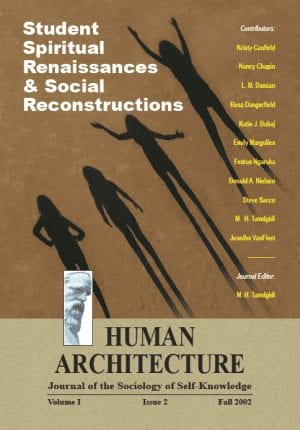Journal Article — De/Reconstructing Utopianism: Towards a World-Historical Typology — by Mohammad H. Tamdgidi
$15.00
The aim of this paper is to redeem the value of utopianism as a specific strategy for social change in contrast to the antisystemic mode characterizing the dominant form of opposition movements to capitalism during at least the past two centuries.
Description
Abstract
Marxism represented a new, “scientific,” type of utopian movement in contrast, on one hand, to the philosophical and religious varieties preceding it, and on the other hand the briefly revived humanist type (as somewhat represented by utopian socialists) which was soon frozen in embryo by Marxism’s own ideologicalpolitical rhetoric and ascendance in the world-wide opposition to capitalism. What I intend to point out is a need to go beyond the polemics and the rhetoric of these movements in order to develop a typological framework of utopianism which accounts for the historical failures of Marxism due in part to the shortcomings emanating from its specific utopian type and partly due to its gradual departure from the utopian typology altogether. The point is to redeem the value of utopianism as a specific strategy for social change in contrast to the antisystemic mode characterizing the dominant form of opposition movements to capitalism during at least the past two centuries.
Recommended Citation
Mohammad. 2003/2004. “De/Reconstructing Utopianism: Towards a World-Historical Typology.” Pp. 125-141 in Students’ Critical Theories in Applied Settings (Human Architecture: Journal of the Sociology of Self-Knowledge: Volume II, Issue 2, 2003/2004). Belmont, MA: Okcir Press (an imprint of Ahead Publishing House).
The various editions of this issue of Students’ Critical Theories in Applied Settings can be ordered from the Okcir Store and are also available for ordering from all major online bookstores worldwide (such as Amazon, Barnes&Noble, and others).
Read the Above Publication Online
To read the above publication online, you need to be logged in as an OKCIR Library member with a valid access. In that case just click on the large PDF icon below to access the publication. Make sure you refresh your browser page after logging in.








